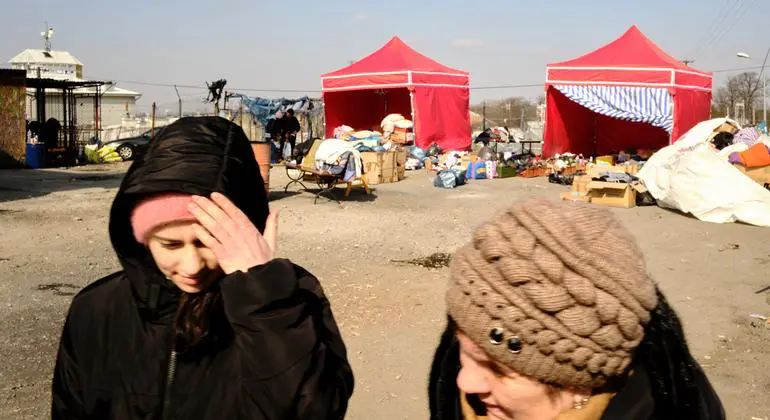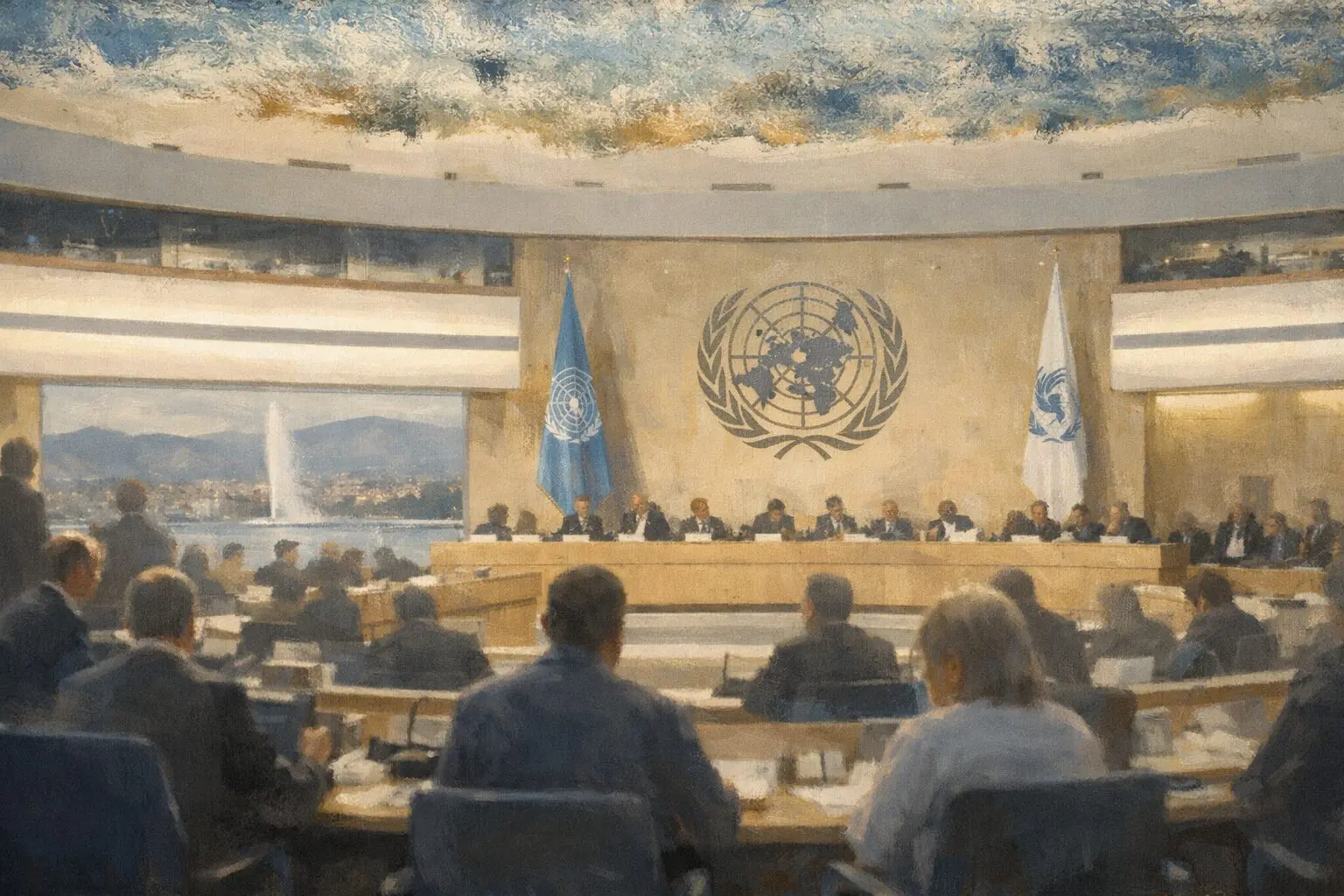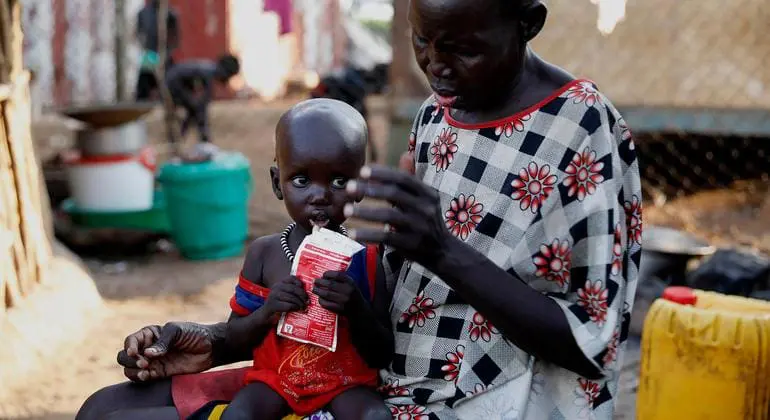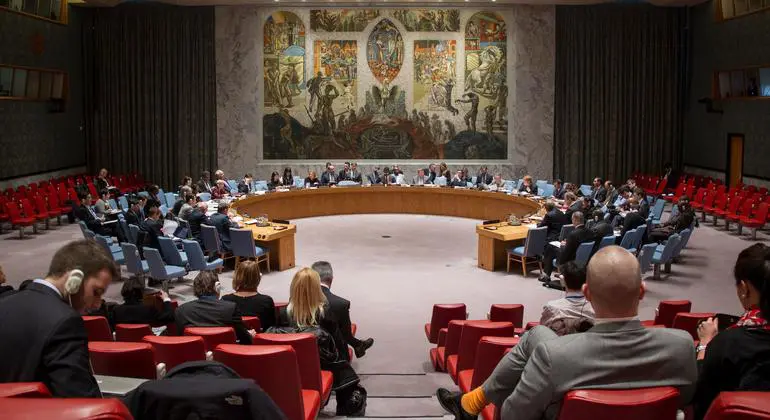The directive affects people located in parts of eastern and central Khan Younis as well as the Al Salqa area of Deir Al-Balah.
Initial estimates indicate that more than 15,500 people had been living in those areas, which comprise more than 30 neighbourhoods, according to UN partners monitoring population movements in Gaza.
Obligation to civilians
“Once again, we call for all parties to the conflict to respect their obligations under international humanitarian law, including by taking constant care to spare civilians and civilian objects,” said UN deputy spokesperson Farhan Haq, speaking at a press briefing in New York.
“This includes allowing civilians to leave for safer areas and allowing their return as soon as circumstances allow,” he added, saying “people must be able to receive humanitarian assistance, whether they move or stay.”
Water and sewage constraints
Meanwhile, the UN humanitarian affairs office, OCHA, said Palestinians continue to be exposed to major health risks due to constraints on water production and sewage pumping in Gaza.
Efforts to scale up water, sanitation and hygiene are hampered by a lack of generators and alternative energy sources as well as shortages of spare parts to operate existing generators.
Lack of fuel is also a major challenge, OCHA said. Late last month, humanitarian partners working to support water, sanitation and hygiene services reported that they received just over 75,000 litres of fuel.
While this represents a nearly 30 per cent increase compared to June, it was still just 70 per cent of the minimum operational threshold.
Food distribution disrupted
The World Food Programme (WFP) warned that ongoing hostilities, damaged roads and the lack of public order and safety have severely hampered food transport operations in Gaza, thus forcing rations to be reduced.
WFP urgently needs fuel deliveries, increased flow of food supplies and greater capacity to deliver hot meals, particularly in Gaza City and north Gaza.
The UN agency reached around one million people in Gaza in July, but stressed that food distribution points continue to face major disruptions due to conflict, evacuation orders and damage to infrastructure.
WFP further warned that it will not be able to bring in the quantity of food required this month unless more border crossing points into Gaza open and aid workers are able to reach people safely and at scale.
West Bank and the Blue Line
Turning to the West Bank, WFP estimated that the escalation of violence there could push the number of people facing food insecurity to at least 600,000, up from some 352,000 at the start of last year.
In other developments from the region, the UN Interim Force in Lebanon (UNIFIL) said 10 months of continuing exchanges of fire across the Blue Line with Israel have left many civilians on both sides displaced, injured and killed.
UNIFIL continues to support displaced people in its area of operations, including providing free medical and dental care to 4,766 patients.
The UN has urged all parties to return to a cessation of hostilities and recommit to Security Council resolution 1701.
Adopted in August 2006, resolution 1701 aimed at ending the war that year between Israel and Hezbollah. It calls for an end to hostilities, the withdrawal of Israeli forces from Lebanon and the establishment of a demilitarized zone.
De-escalation efforts continue
Later, in response to a reporter’s question, Mr. Haq said UN efforts toward reducing escalating tensions in the Middle East are ongoing.
He said key UN officials in the region, including Middle East envoy Tor Wennesland, Special Coordinator for Lebanon Jeanine Hennis-Plasschaert, and the UNIFIL Head of Mission and Force Commander Lt. Gen. Aroldo Lázaro “continue to be in touch with various parties, trying to do what can be done to de-escalate.”







